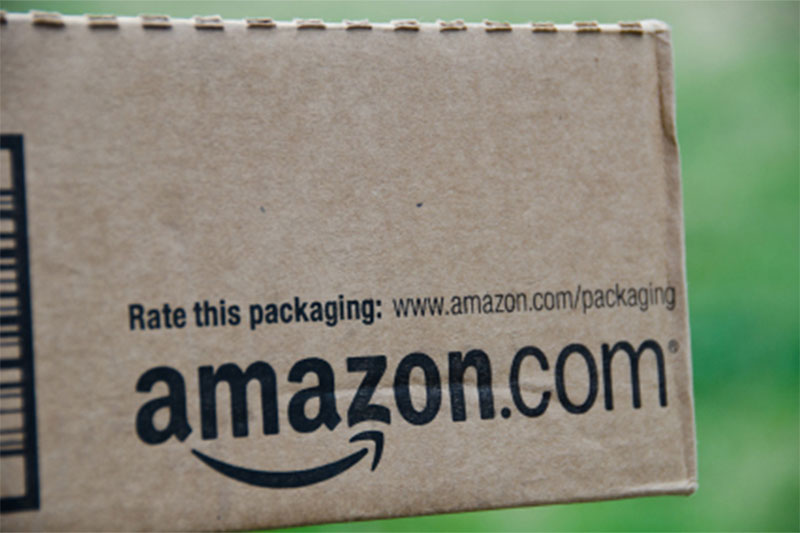IREN proposes $875 million convertible notes offering due 2031
Investing.com - Pricing will likely be "front-and-center" for investors in retail companies over the coming months, as markets assess if sweeping U.S. tariffs are impacting consumer spending habits, according to analysts at UBS.
In a note, the strategists led by Michael Lasser said recent inflation data this week suggested that the effect of the levies has been "minimal," despite worries that businesses will increasingly pass the costs of the duties on to consumers.
Figures from the Bureau of Labor Statistics on Tuesday showed that the prices of commodities less food and energy -- an underlying inflation gauge that includes tariff-exposed items like home furnishings, apparel and appliances -- rose by 1.2% in the twelve months to July. Unadjusted for seasonal changes, the measure increased by 0.1% month-over-month.
The annualized number has accelerated in recent months, speeding up from 0.7% in June, 0.3% in May and 0.1% in April.
While they noted that retailers’ price hikes have been "modest, broadly speaking" since the announcement of President Donald Trump’s aggressive "reciprocal" levies in early April, the analysts said the uptick "could gain further momentum as additional tariffs take effect."
"If [slash] when that happens, unit elasticities will likely have a heavy influence on the investment debates across this sector," they added.
Big-name retailers appear to have been able to weather some pass-through of the tariffs, the bank said, highlighting signs of resilience in sales at industry giants like Amazon, Walmart and Costco.
But it remains a "matter of time" before the tariffs fuel a surge in headline inflation above wage growth, the analysts argued. All else being equal, the duties will place an additional pressure of roughly $1,700 on U.S. households annually, they estimated, citing forecasts from Tax Foundation and The Yale Budget Lab.
This trend could have "long-lasting effects" on consumers and the wider American economy, they warned.
As a result, retailers with a "strong value offering" are tipped to be "better-positioned" than those passing on more tariff expenses -- a dynamic that could, in turn, translate into changes in market shares.
"Thus, it will become a key part of the investment debates in the retail landscape," the UBS analysts said.
